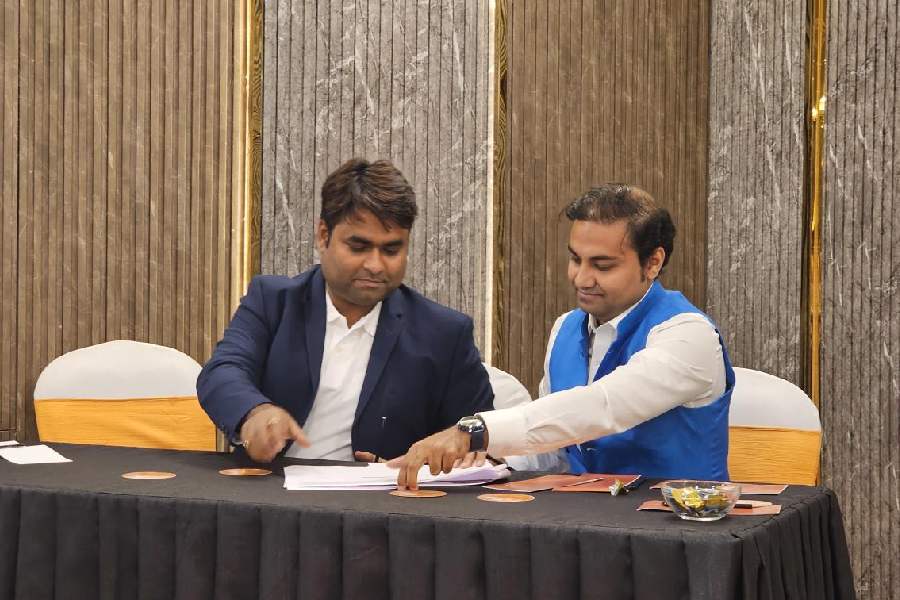If you experience a spike in your blood sugar level at an hour when you have no way to contact your doctor, in the foreseeable future you might be reaching for your smartphone to seek instruction on your insulin intake from your virtual doctor— a chatbot (a web interface or an online application that is designed to mimic human conversation).
A meeting recently brought together medical and software professionals to discuss an area that would require a convergence of the two fields — Artificial Intelligence (AI) in healthcare.
The meeting was being convened by Doctors.AI, a community of doctors to explore and leverage AI, at a Sector V hotel.
“AI has crossed the initial reaction of wow to queries of how. Just as it is entering every domain with a promise to bring about radical change, AI in medicine is a development we have to gear up to embrace. For this, we need to promote AI literacy among doctors as well as foster AI entrepreneurship among clinicians so that integration of AI in medical practices can become a reality in the near future,” said Dr Amit Kumar Dey, who practises at Apollo Sugar New Town in Action Area III. To this end, the endocrinologist has founded an organization called Doctors.AI.
“The use of AI in heathcare would require a shift from evidence-based to data-driven, intelligence-based medicine. We started in December 2023 with four verticals — AI education, AI research, AI collaboration and AI validation,” said Dey.
It is an inclusive community that will disseminate information on latest AI developments in the healthcare domain by hosting regular podcasts, monthly brainstorming sessions and open platforms. The group will thus develop into a robust network of AI-savvy medical professionals across various specialities.
The other main speaker from the software field was Koustav Chatterjee, the founder and chief executive officer of Care AI, based out of DLF Galleria in New Town. The company is working towards creating an alternative to ChatGPT, geared towards the medical field.
ChatGPT is a natural language processing chatbot driven by generative AI that allows the user to hold conversations to complete various tasks. For example, the AI tool can answer questions and assist with tasks such as composing emails, essays, and code.
“In a country like India, where the ratio of the number of heathcare professionals to the population is abysmal, such a service will educate patients. We want to create a virtual wellness companion, who will be like a family physician by being aware of a patient’s health situation and goals. But unlike a Google search about a medical condition, it would not scare the patient with its answers,” said Chatterjee. The interface they have created supports 94 languages so that it can communicate with the patient in his vernacular medium. “But for patients to use it, we need validation from the medical community.”
To this end, Chatterjee signed an agreement with Dey at the programme. “We get about 10 to 15 minutes with a patient in which we need to assess his condition. After that, there is no connection with the patient till he returns after about three months for a follow-up. The chatbot can stay in touch with the patient in the interim and his electronic medical records can be integrated into the chatbot’s system. It is not replacing me but augmenting the care that I provide. But before that, I need to ensure whether it is doing any harm through the instructions it provides patients,” said Dey.
For this, both pointed out that doctors need to get familiarised with AI. Only then would start-ups working in the field get the right guidance and enough ground-level information.
